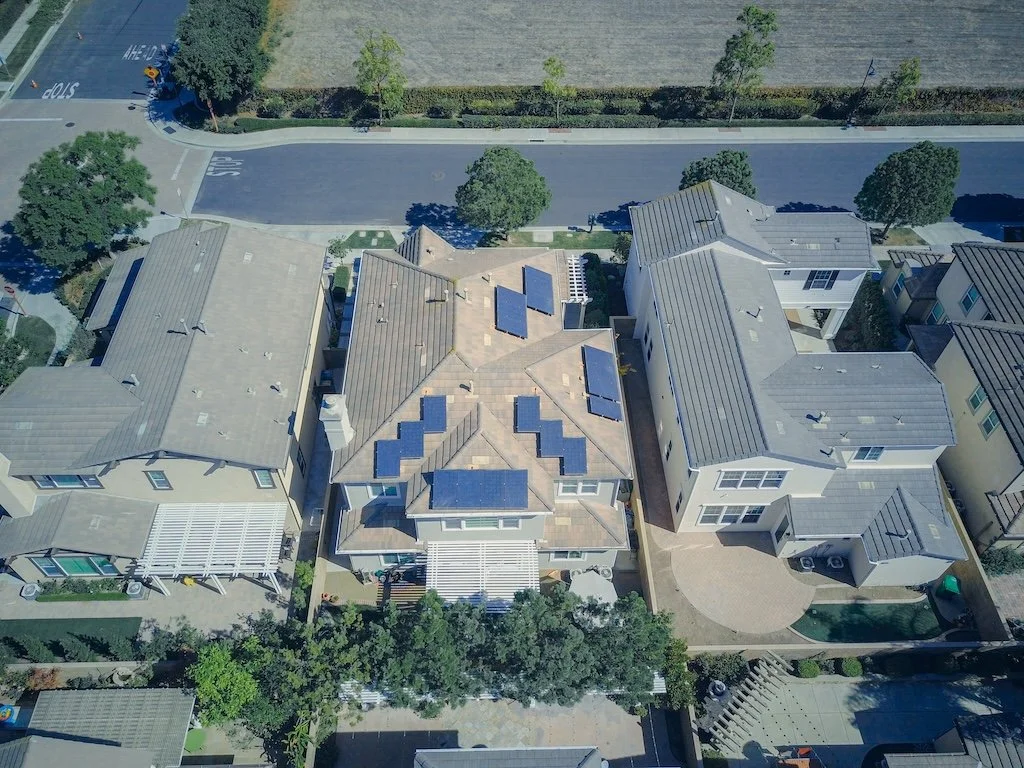Understanding Solar Panel Warranty Coverage
When it comes to solar panel warranty coverage, there are a few things you need to understand. First and foremost, most solar panel manufacturers will offer a warranty on their products, but these warranties can vary in length and coverage. Many solar panel companies also offer solar panel insurance to help cover repairs or replacement costs if your panels are damaged.
Solar panel warranties typically fall into two categories: performance warranties and materials and workmanship warranties. Performance warranties guarantee that your solar panels will produce a certain amount of power over a specific period. For example, a manufacturer may offer a 10-year performance warranty on their panels, meaning they guarantee that the panels will produce at least 80% of their rated power output during those 10 years.
Materials and workmanship warranties, on the other hand, cover defects in the materials used to make the solar panels or defects in the workmanship of the panels themselves. These warranties are typically much shorter than performance warranties, ranging from 1-5 years.
Solar panel insurance differs from a warranty, as the manufacturer does not provide it. Instead, solar panel insurance is purchased by the homeowner to protect against damage to their panels. This type of insurance can cover everything from severe weather damage to theft or vandalism. Most policies will have a deductible that must be met before the insurance company will pay out any claims.
What Should be Covered in a Solar Panel Warranty?
When you buy solar panels, you want to be sure that a good warranty covers them. Solar panel warranties typically cover the panels and the inverter for a certain time, usually 10 to 25 years. Some warranties cover only the panels, while others cover only the inverter, and some manufacturers offer extended warranties that cover both the panels and the inverter for a longer period.
Most solar panel warranties cover the cost of replacing or repairing the panels or inverter if they are defective. Some warranties also cover the cost of labor to install the replacement panels or inverter. Some manufacturers offer extended warranties that cover replacing or repairing the panels or inverter plus the labor cost to install the replacement panels or inverter.
What’s not typically covered:
Shipping costs for sending panels or inverters to the manufacturer for replacement or repair.
Damage to panels or inverters caused by lightning, wind, hail, or other acts of nature (unless covered by separate insurance).
Damage to panels or inverters caused by fire, flood, or other disasters (unless covered by separate insurance).
Damage to panels or inverters caused by theft, vandalism, or other criminal acts (unless covered by separate insurance).
Expenses related to registration failure, such as not registering the warranty within the specified timeframe or method.
Different Types of Solar Panel Warranty Coverage
Solar panel manufacturers offer different types of warranties, each covering different things.
Performance warranties: Most solar panel manufacturers offer some form of performance warranty. Performance warranties cover the output of the solar panel and typically last between 20 and 25 years. They often guarantee that the solar panel will produce a certain amount of power over its lifespan; if it doesn’t, the manufacturer will replace or repair the panel.
Workmanship warranties: Workmanship warranties cover the labor and materials used to install the solar panel. These warranties are typically shorter than performance warranties and last between 1 and 10 years
Solar panel warranty insurance: Besides the warranties offered by the solar panel manufacturer, you can purchase solar panel warranty insurance. This type of insurance covers the cost of repairs or replacement if your solar panel fails. Solar panel warranty insurance can give you peace of mind, knowing you’re covered if something goes wrong with your solar panel.
It’s important to read the fine print of any warranty before you purchase a solar panel system. Make sure you understand what is covered and what is not.
Taking the Right Steps to Ensure Coverage
There are a lot of solar panel warranty insurance companies out there, and it can be difficult to know which one to choose. Here are a few tips to help you make the right decision:
Make sure the company is reputable. There are a lot of solar panel warranty insurance companies that are nothing more than scams. Make sure you do your research before choosing a company.
Make sure the company offers coverage for your needs. Some solar panel warranty insurance companies only cover certain types of damage. Make sure you know what kind of coverage you need before you choose a company.
Make sure the company has a good reputation. There are a lot of solar panel warranty insurance companies that have bad reputations. Make sure you read reviews before choosing a company.
Make sure the company offers a good price. Solar panel warranty insurance can be expensive, so find a company that offers a good price.
Make sure the company has good customer service. There are a lot of solar panel warranty insurance companies that need better customer service. Make sure you find a company that has good customer service.
Does a home warranty cover solar panels?
Whether a home warranty covers solar panels depends on your warranty policy’s specific terms and conditions. Home warranties typically provide coverage for certain appliances and systems within your home, such as HVAC (heating, ventilation, and air conditioning), plumbing, electrical systems, and major appliances like refrigerators and stoves. However, coverage for solar panels may not be included in a standard home warranty policy.
Solar panels are considered a specialized system and may require separate coverage or a specific add-on to your home warranty policy. Some home warranty companies offer optional coverage for solar panels, but this often comes at an additional cost. It’s important to carefully review the terms and conditions of your home warranty policy or contact the warranty provider directly to determine whether your solar panels are covered and what specific coverage options are available.
Remember that even if you have coverage for your solar panels, there may be limitations and exclusions in the policy.
In the rapidly evolving world of solar energy, thorough research and careful consideration of warranty options are important to ensure your solar panels continue to generate clean energy efficiently and cost-effectively for years. Remember to choose reputable providers, compare policies, and make informed decisions to safeguard your solar investment.

